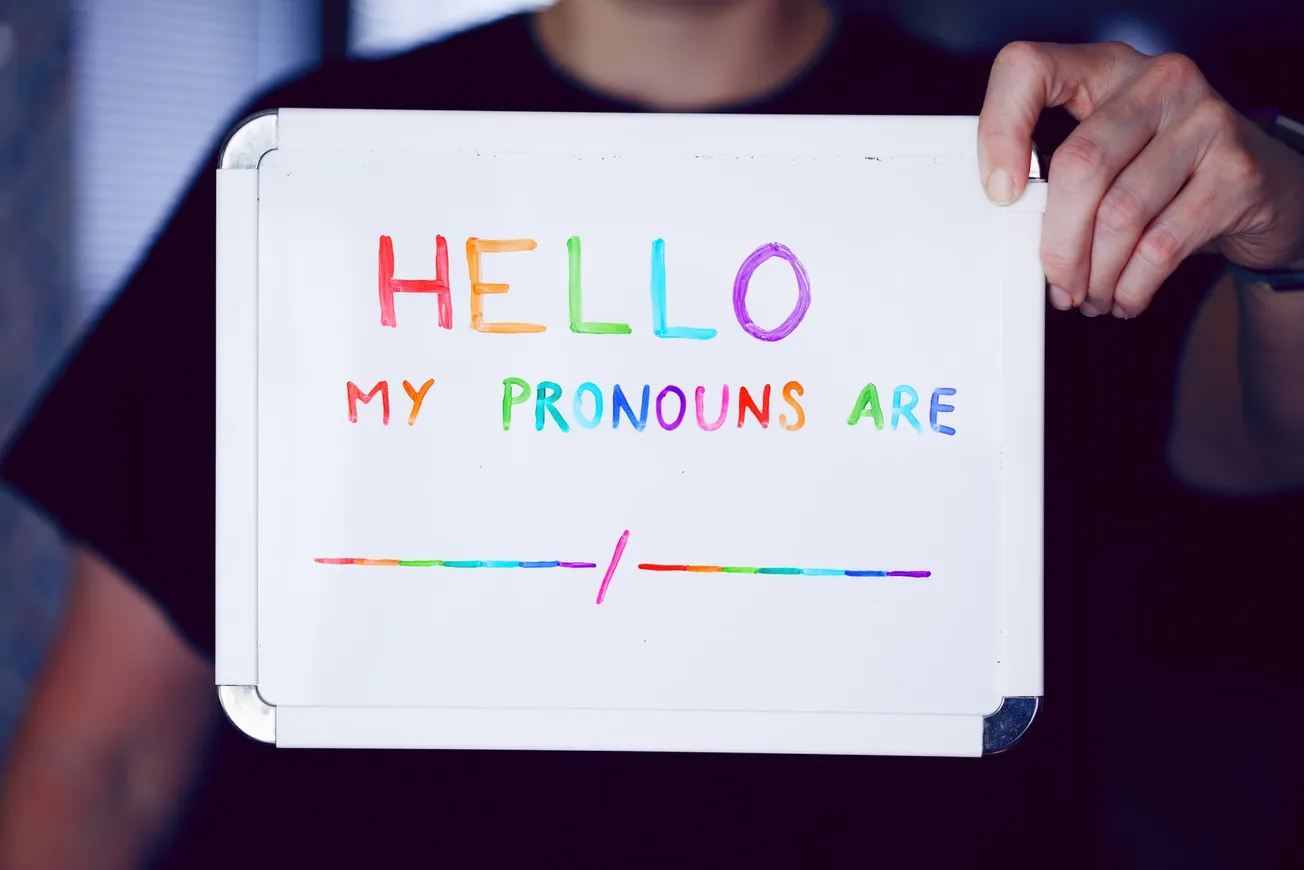Table of Contents
Carolyn Moynihan
Carolyn Moynihan is the former deputy editor of Mercator.
If you thought that Russell Brand’s problems were the biggest story in the UK right now, think again. Think about a revolt brewing in the British Civil Service against gender ideology and a warning from within the ranks that identity politics are undermining government itself.
Yes, the sacred cow of transgenderism, reverenced by the political elite of nearly every Western country, is being blasphemed in the very corridors of bureaucratic power by unbelievers who say their right to disagree is being trampled upon.
Back in April, 42 of them from 16 government departments signed a letter to Cabinet Secretary Simon Case which says that ideology about gender promoted by trans activists has become embedded in the Civil Service in a “significant breach of impartiality”. The letter was leaked to The Telegraph, which broke the story last weekend.
At a time when even prime ministers stumble over the definition of a woman, they have underlings who cling to the idea that there are two sexes and that there is no crossing from one sex to the other.
There are public servants who do not want to meet the opposite sex in the women’s bathroom even if it is dressed as a woman. They do not want to undergo training that tells them why their attitude is wrong and must change. Nor do they want to watch videos urging them to become LGBTQ+ allies, or stop talking about “mums and dads” when it might offend someone.
Yet, in the departments where the letter writers work, the concept that “everyone has a gender identity which is more important than their sex” is “treated as an undisputed fact”, they say. Staff who openly disagree suffer “serious harassment” at work and live with a “pervasive fear” that they will be victimised.
(Their own views about sex and gender are protected under the UK’s Equality Act as “beliefs” rather than facts.)
Gender ideology has created a culture in the Service that “distorts the operation of government in many ways,” the letter warns, “and it is reasonable to be concerned that it could improperly influence government policy”.
Or, as one signatory told The Telegraph, “There has been a widespread woke takeover of Whitehall that our most senior officials have swallowed hook, line and sinker”.
The authors of the letter plead for “urgent action to ensure that Civil Service impartiality is upheld, and freedom of belief is respected.”
Of course, 42 people out of a workforce numbering nearly half a million is not a lot. However, those few are likely to represent a much larger number. Eight of the signatories remained anonymous for fear of losing their jobs.
An individual testimony published by The Telegraph begins: “I work as a civil servant for a major government department and I am part of what I believe is a silent majority being bullied into accepting the wholesale adoption of gender identity ideology.”
But none of her overlords are rushing to help. According to The Telegraph, the April letter was passed to the government’s head of Human Resources, Fiona Ryland, who took until the end of June to reply. She has assured them that the government’s upcoming Civil Service impartiality guidance, due by the end of the year, will “provide greater clarity” and ensure that diversity and inclusion training is not biased.
How on earth will they manage that?
Gender diversity ideology and gender-critical feminism are mutually exclusive. It is clear, for example, that “TERFs” are going to keep fighting trans inroads into women’s turf – not only women’s bathrooms but workplace groups dealing with menopause and other women’s issues. Are trans activists going to back off? I don’t think so.
Perhaps Civil Service bosses think that they can dilute the friction with their ever more expansive vision of diversity and inclusion, the 2022 iteration of which says: “We will continue to build a more inclusive Civil Service going further than the current Equality Act provisions by building on and expanding a previous focus on Protected Characteristics to deliver for all of our people.”
But “diversity” is a sea without shores, and factoring “identities” into every enterprise, public or private, will only splinter society even further. It is not possible to have “social cohesion” – or good government – while emphasising group and individual differences.
It’s time we left our identities at home and took what we have in common to work. We are all human beings with intrinsic dignity and varying degrees of intelligence, knowledge, moral capacity and creativity. And that is enough to be going on with when hiring people for the British Civil Service or anything else.









